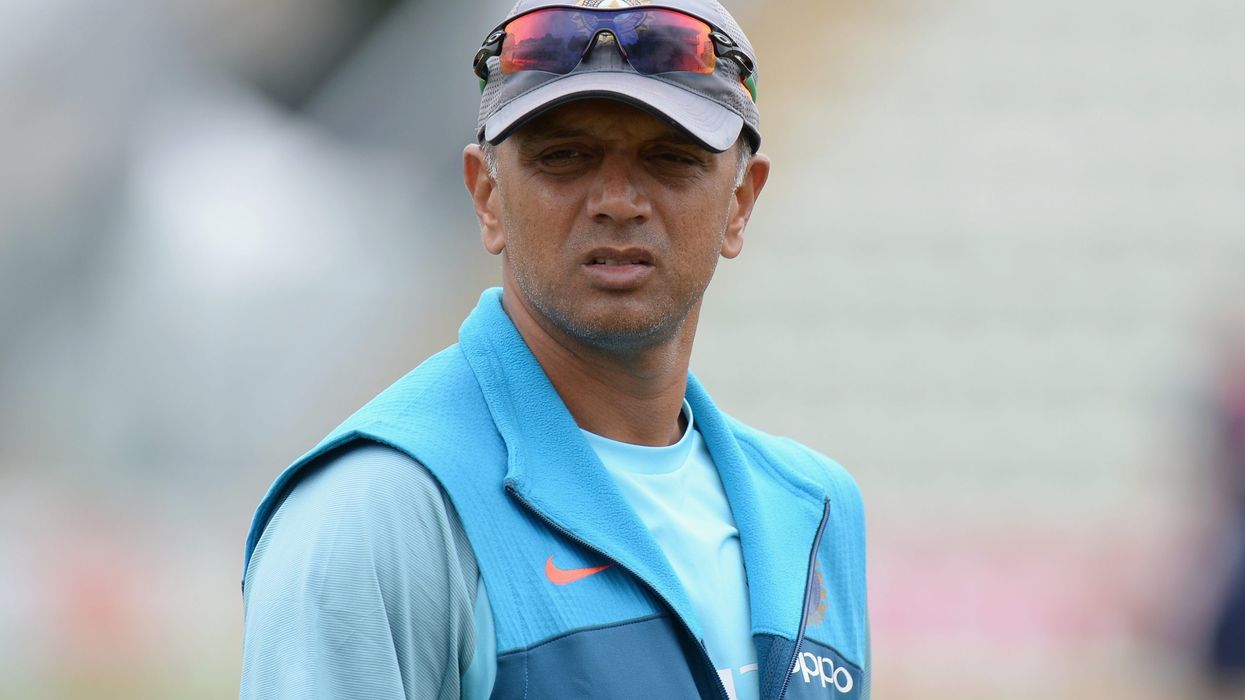India’s batsmen need to better seize their chances and aim for longer partnerships if they are to bounce back from their test defeat on Thursday and still win the series in South Africa, said coach Rahul Dravid.
India lost by seven wickets in the second test at the Wanderers on Thursday, which sets up an exciting finale in Cape Town next week with the series level at 1-1.
If India are to win, and in the process take a first-ever series victory in South Africa, they will need to do some sharpening at the top of the batting order, Dravid told a post-match virtual news conference on Thursday.
“The wickets in the first two tests have been a little challenging, I will give that to the batsmen. But we pride ourselves on wanting to do better and the batting unit certainly can look to maybe seize a few key moments and when we get those partnerships, maybe make them a little bit longer," he said.
“In the first innings the ball sort of tended to kick up a little bit, but we could have probably got maybe 60-70 more runs.”
India were bowled out for 202 in their first innings, to which the hosts replied with 229. India then scored 266 in their second innings on a deteriorating pitch to set South Africa an imposing target of 240, which they reached with seven wickets to spare after a doggedly determined batting performance.
“Certainly we'd like to bat a little bit better. We need to keep improving and getting better. Maybe some of the guys who got starts could have converted those into hundreds,” added Dravid.
“I think that was the difference in the first test where KL Rahul went on to get a hundred for us and we ended up on the winning side.
“In the second test, they had someone (Dean Elgar) who ended up on 96 and they ended up on the winning side.
“It really shows you the importance, on these kinds of wickets, of one of your batsman going on and making a big score,” the coach said.













